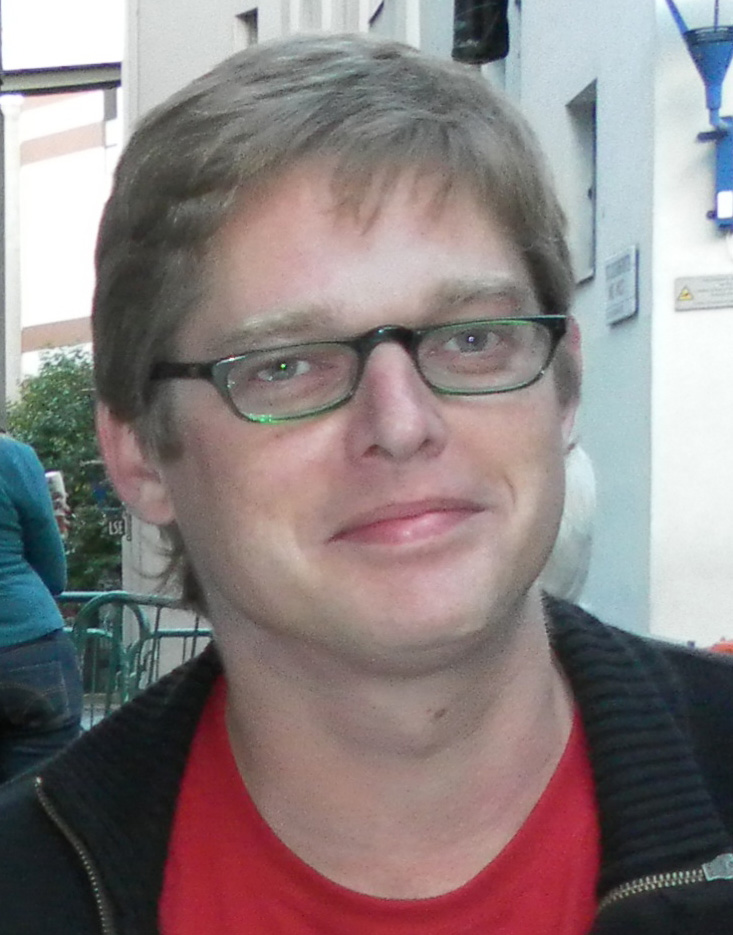The IASTED International Conference on
Information Technology, Democracy and Economic Development
ITDED 2011
July 11 – 11, 2011
Cambridge, United Kingdom
INVITED SPEAKER
The Networked Opportunity Structure
Abstract
In this keynote the opportunities as well as the structural constraints of ICTs for social movements, activists and citizens alike will be addressed. By conceptualising a networked opportunity structure, the various ways in which ICTs have become instrumental for but increasingly also constitutive of activism and direct action will be interlinked. Networked technologies clearly provide ample opportunities for activists to mobilse for offline direct actions through social networking sites (cf. Uk Uncut), to avoid police containment during protest demonstrations using Twitter for instant co-ordination (cf. student protests), to develop horizontal organisation structures or to garner the support of millions of world citizens through e-petitions (cf. Avaaz, iLike). At the same time, ICTs and the internet have also become an instrument of direct action and resistance in its own right. In this regard, the hacker movement is of particular importance, developing free software, tools to enable secure and anonymous communication, but also making copyright protected content freely available, thereby disrupting the capitalist e-commerce regime (cf. FOSS, Torpark, BitTorrent, Peer2Peer). Besides this, the networked opportunity structure also provides hackers with the ability to retaliate against repression by corporations and governments (cf. Anonymous and Wikileaks). Finally, several constraints to the opportunities presented by the internet and ICTs will be acknowledged as well, including the inherent risk of being dependent on an infrastructure that is largely controlled by corporate and state actors, the ease with which a netizen can voice support for a cause or an organisation, leading some to call this slacktivism or clicktivism and unintended consequences, such as the fact that tools developed by hactivists can and are also being used by those with less noble aims.Biography of the Invited Speaker

Dr. Bart Cammaerts is senior lecturer in the Department of Media and Communications at the London School of Economics and Political Science (LSE). His most recent publications include; Internet-Mediated Participation beyond the Nation State (Manchester University Press/Transaction books, 2008) and Understanding Alternative Media (with Olga Bailey and Nico Carpentier, Open University Press, 2008). Bart Cammaerts is past chair and current vice-chair the Communication and Democracy Section of the European Communication Research and Education Association (ECREA) and is vice-chair of the Communication Policy and Technology section of the International Association for Media and Communication Research (IAMCR).







